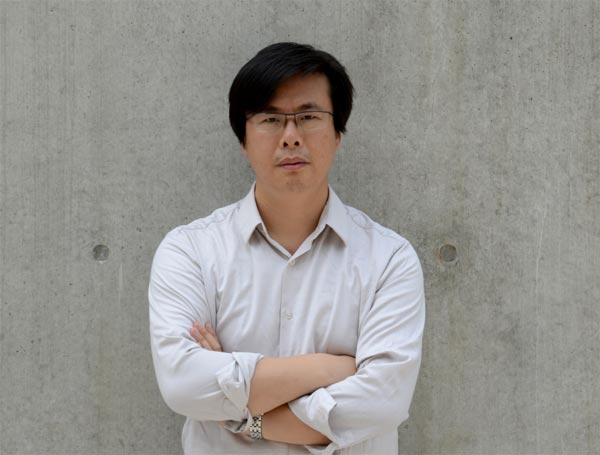 |
|
He Wei. [Photo provided to Chinaculture.org] |
He Wei, associate professor at the Architecture Department in the Central Academy of Fine Art
Compared with other countries, what are the main difficulties of protecting traditional villages in China?
There are a large number of traditional villages in our country, especially in southern China. Local government and people pay little attention to the protection of traditional villages because they are so commonly seen. This is the first problem.
Second, fast urbanization over the years results in a big gap of development between cities and villages. Many people have moved out of villages, causing sharp declines in the economy and industries at the local places. Therefore many traditional villages now end up with no people, no money and no economic mainstays.
Third, Chinese villages have been isolated from the outside world for a long time and local villagers' educational level is lower compared with that of developed countries. The decline of traditional values makes the locals ignorant of the significance of cultural heritage in their hometown and they often demolish their old buildings to build up new ones to meet the so-called "development standard".
Meanwhile, due to a lack of design resources, architecture in the villages has lost its development direction. The old buildings are considered outdated, yet the new ones are blind copies of the city style. As a result, the traditional villages are growing more and more unlike villages, yet they are not like cities either. They become neither here nor there.
How do you value old architecture in modern times? Why should we protect traditional buildings?
A Chinese proverb says that "Acquire new knowledge through reviewing the old". I don't think we should view all the old architecture as "historical relics". Instead, we need to try to revive the traditions and make them come to life in contemporary times. We need to learn from the past and apply the historical essence into modern architecture.
As far as you know, how many types of ancient Chinese architecture are distributed in the traditional villages?
Most of the ancient buildings are in traditional villages if you count them in numbers. Many cities are westernized in China and ancient buildings in the city are few. Villages are the root of Chinese culture and ancient architecture.
What do you think of tourism development in traditional villages? What development mode is applicable?
Business development and market economy are necessary. Nothing can be done without an economic basis. The key is not to avoid business or the market; it is to set up relevant rules and standards. Locals should not be excluded in the development of the village. Instead, they should be encouraged to participate in, or even lead, the development and protection of the village. What needs to be notified here is that by "locals" I refer to the general villagers, not one or two particular individuals.